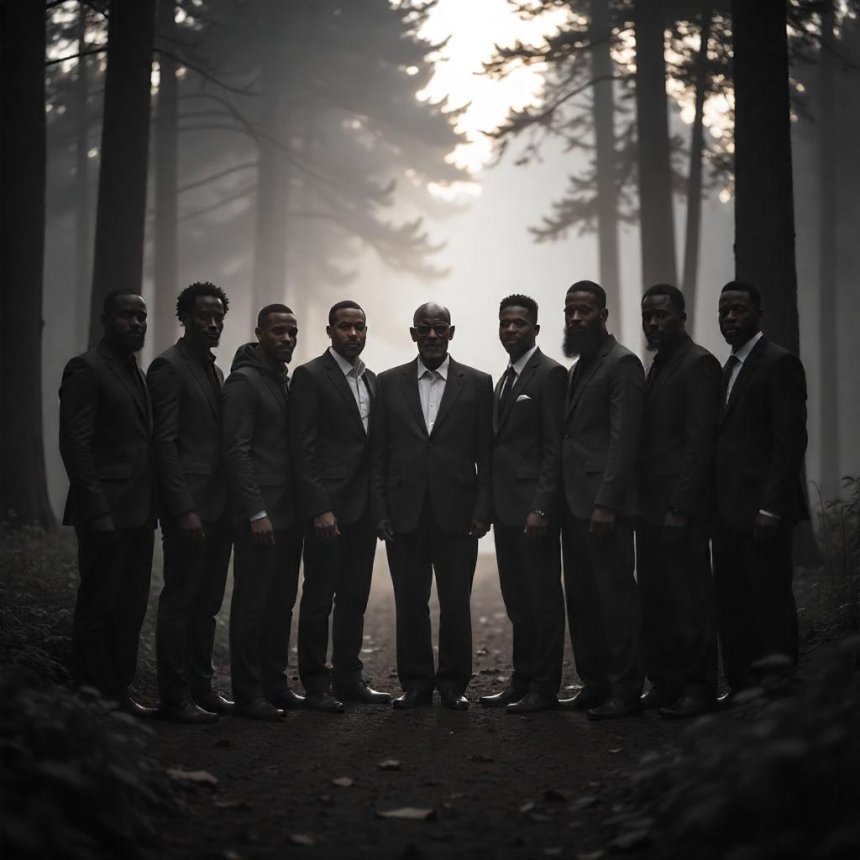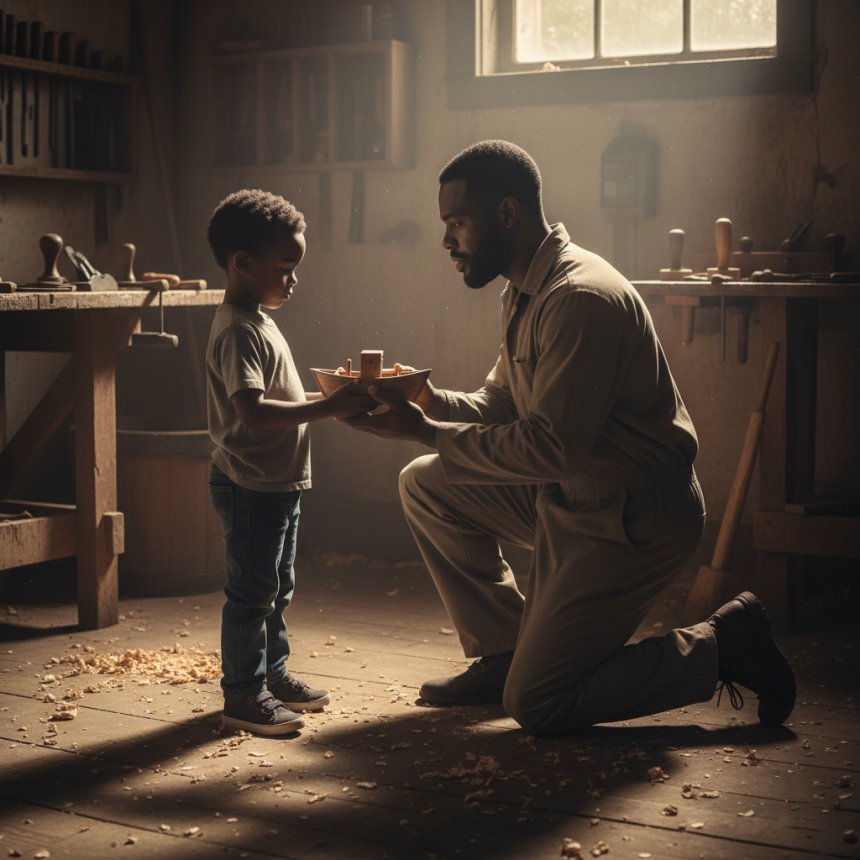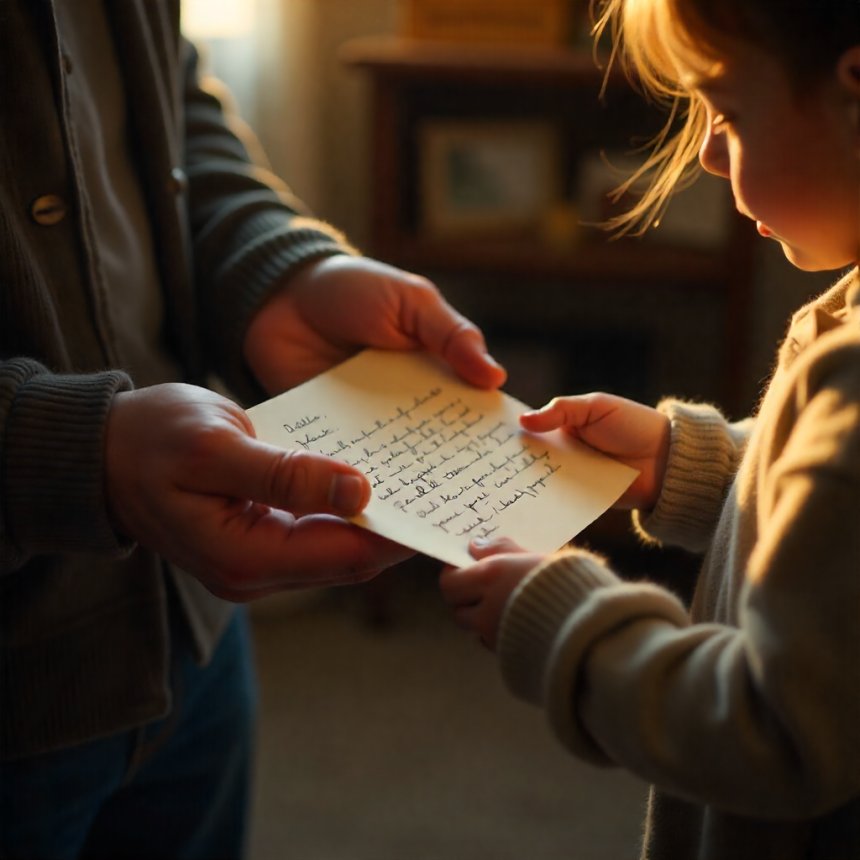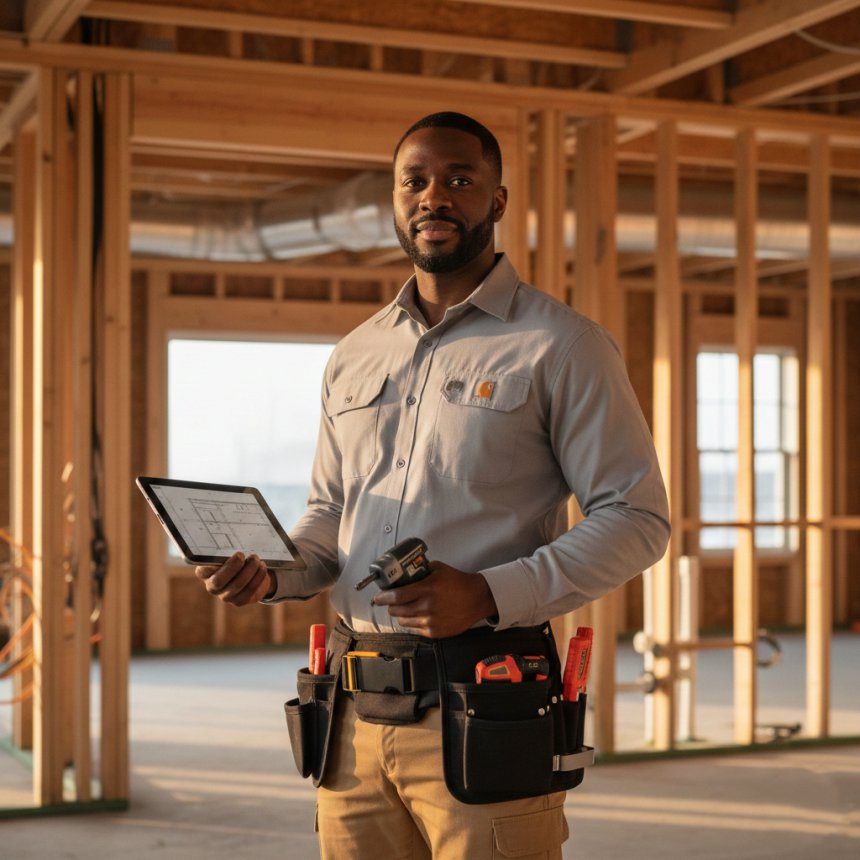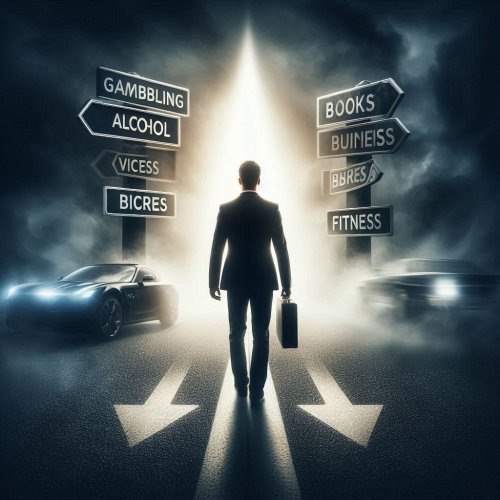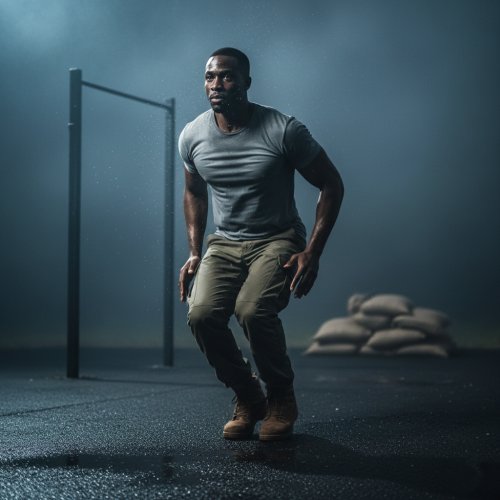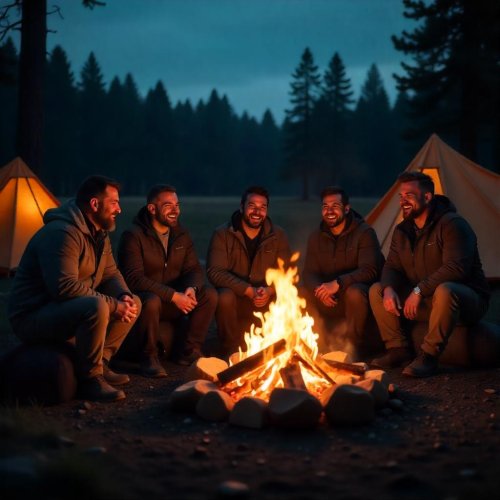The Decline of Fraternal Organizations & Why Men Need Brotherhood
Fraternal organizations once provided men with brotherhood, mentorship, and purpose—but they’re disappearing. Discover why men need brotherhood now more than ever and how to rebuild it in a disconnected world.
"The Decline of Fraternal Organizations: Why Modern Men Need Brotherhood & How to Rebuild It"
In an era dominated by digital connections, men are experiencing an unprecedented crisis of loneliness and disconnection. Fraternal organizations—once pillars of male camaraderie, mentorship, and purpose—have seen a steep decline over the past few decades. Yet, the need for brotherhood has never been greater.
This article explores:
- The historical role of fraternal organizations
- Why they’ve declined in modern society
- The psychological and social consequences of lost brotherhood
- How men can rebuild meaningful connections in today’s world
The Golden Age of Fraternal Organizations
For centuries, fraternal orders like Freemasons, Elks, Odd Fellows, and Rotary Clubs provided men with structured brotherhood. These groups offered:
- Community & Belonging – A sense of identity beyond work and family.
- Mentorship & Wisdom – Older men guiding younger generations.
- Charity & Service – A shared mission to improve society.
- Rituals & Traditions – Meaningful rites of passage that reinforced values.
At their peak in the early 20th century, nearly 60% of American men belonged to at least one fraternal group. Today, that number has plummeted below 10%.
Why Fraternal Organizations Are Declining
Several factors have contributed to their downfall:
1. The Rise of Individualism
Modern culture prioritizes personal success over communal bonds. Men are encouraged to be self-reliant, often at the expense of deep friendships.
2. The Digital Age & Superficial Connections
Social media replaces face-to-face interaction with shallow engagement. Online "friends" don’t provide the same emotional support as real brotherhood.
3. Changing Gender Roles & Masculinity Crisis
Traditional male spaces have been stigmatized, leaving many men unsure where to turn for camaraderie.
4. Decline of Religion & Shared Values
Many fraternal orders were tied to religious or moral frameworks. As faith declines, so do the institutions that relied on them.
5. Busy Lifestyles & Lack of Time
Men are overworked, leaving little energy for group involvement.
The Consequences of Lost Brotherhood
The absence of strong male bonds has led to:
- Increased Loneliness & Depression – Studies show men with weak social ties suffer higher rates of mental health issues.
- Lack of Male Role Models – Younger men struggle without mentors to guide them.
- Weaker Communities – Fraternal groups once drove charity and civic engagement. Their decline leaves a void.
- Identity Confusion – Many men feel adrift without a sense of belonging.
How Men Can Rebuild Brotherhood Today
While traditional lodges may be fading, men can still cultivate brotherhood by:
1. Joining Modern Men’s Groups
Organizations like The Art of Manliness, Men’s Sheds, or EVRYMAN offer structured brotherhood.
2. Creating Small Mastermind Groups
Forming tight-knit circles of trusted friends for accountability and growth.
3. Engaging in Shared Missions
Sports teams, volunteer work, or business networks can replicate fraternal bonds.
4. Reviving Rituals & Traditions
Incorporating meaningful rites (hunting trips, retreats, or mentorship programs) to foster connection.
5. Prioritizing Vulnerability & Authenticity
True brotherhood requires openness—men must move beyond superficial small talk.
Conclusion: Brotherhood Is Not Optional
Fraternal organizations declined, but the need for brotherhood never did. Men thrive when they have a tribe—mentors, peers, and a shared purpose. The challenge now is rebuilding these bonds in a disconnected world.
Will you be part of the revival?
Share
What's Your Reaction?
 Like
0
Like
0
 Dislike
0
Dislike
0
 Love
0
Love
0
 Funny
0
Funny
0
 Angry
0
Angry
0
 Sad
0
Sad
0
 Wow
0
Wow
0

